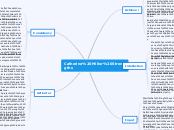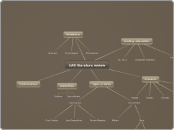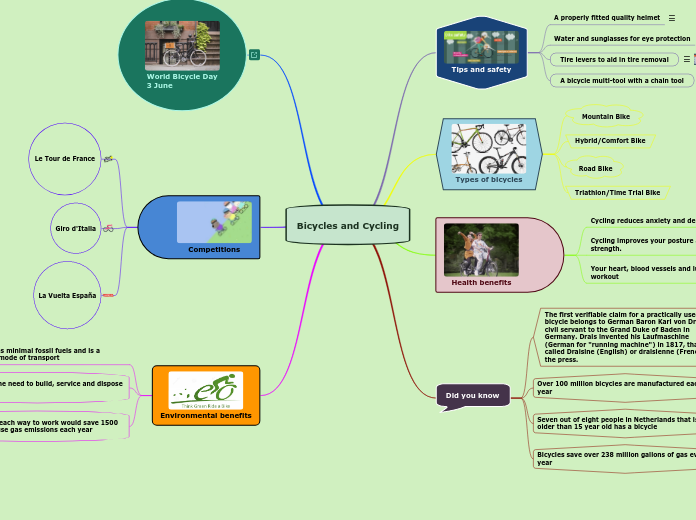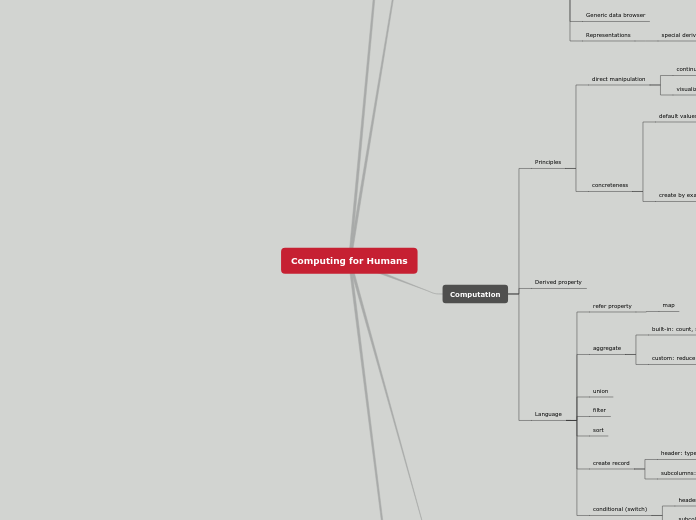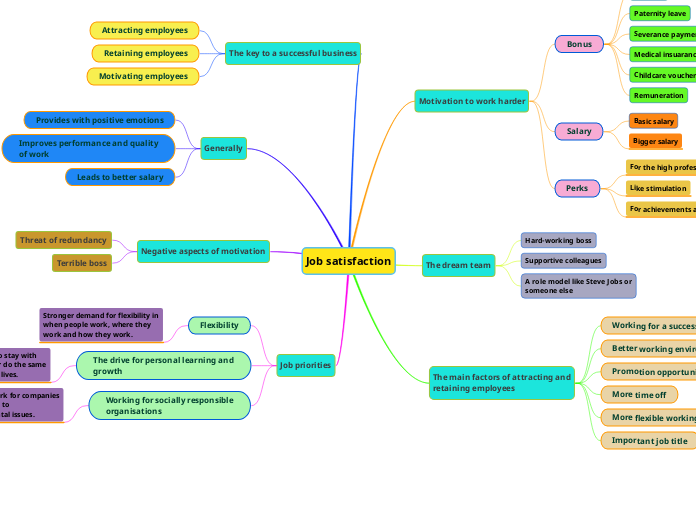by Catherine Miller 7 years ago
169
Catherine Miller Strengths
The text provides guidance on how to leverage one's strengths, particularly focusing on intellectual curiosity and consistency. It suggests selecting work environments that align with one'
